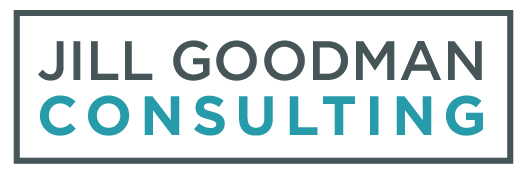Be Better
Tuition-based private and independent schools are designed to offer a better education or experience than public schools. Full stop.
I spend much of my professional life working with schools to understand their value proposition. Meaning, why should people pay to go to your school as opposed to the free public school in their area?
And that's the rub, private schools have to be better, or there is no point in paying for them. The ways they are better are entirely up to the school in crafting curricula, hiring faculty, admission practices, and student outcomes. Those that get to judge what is better are the customers, who are parents and students.
When journalists dedicate space in otherwise noteworthy journals to exposés of private schools, I wonder why? Are schools easy targets, in the same way that billionaires that get divorced are? Since the 2008 economic crisis, schools have felt pressure and have had to make internal changes, adjust admission policies, offer more tuition assistance, and attempt to become more customer-focused. That has opened them up to criticism since it has been a challenge to deliver on their evolving brand promises. According to Dr. Robert Evans and Dr. Michael Thompson in a podcast interview with The Trustee Table, parents are meant to partner with the school according to the school's parameters, boundaries, and limits without challenge to teaching practice or administrative decision-making. Parents are expected to buy the product as is, with no option to call the product into question, regardless of the clarity of expectations.
Still, parents are trying to buy a better educational product, and parents have different interpretations of what constitutes better. When we see parent behavior that is exposé-worthy, it is likely because the school is not proving to be better as advertised, and therefore not worth the cost of tuition.
When I conduct Attrition Studies for schools, which is qualitative research involving interviews with families that left a school before graduation, I rarely find the kind of parents highlighted in The Atlantic exposé or those of significant concern to Drs. Evans and Thompson. What I see are parents that were quietly, yet deeply disappointed. There was a disconnect between what they thought they were buying and the reality of the program or outcome provided by the school. Many never even bothered to tell the Head of School what the problem was before deciding to leave. The school did not live up to its brand promises for these parents and was not the better option.
As school leaders, you can complain vehemently about parent behavior and their unreasonable demands and defend your faculty, staff, curricula, communications, and policies while watching your enrollment slowly decline, or you can decide to be the better school. With data and a clearer understanding of your brand promise and how it affects parent behavior, you can change the trajectory of your school’s future. I can provide that vital information. We can create a different future for your school together.
The author, Jill Goodman, is a consultant working with independent school leaders to advance their school’s mission, enhance their processes, and bolster their skills.



